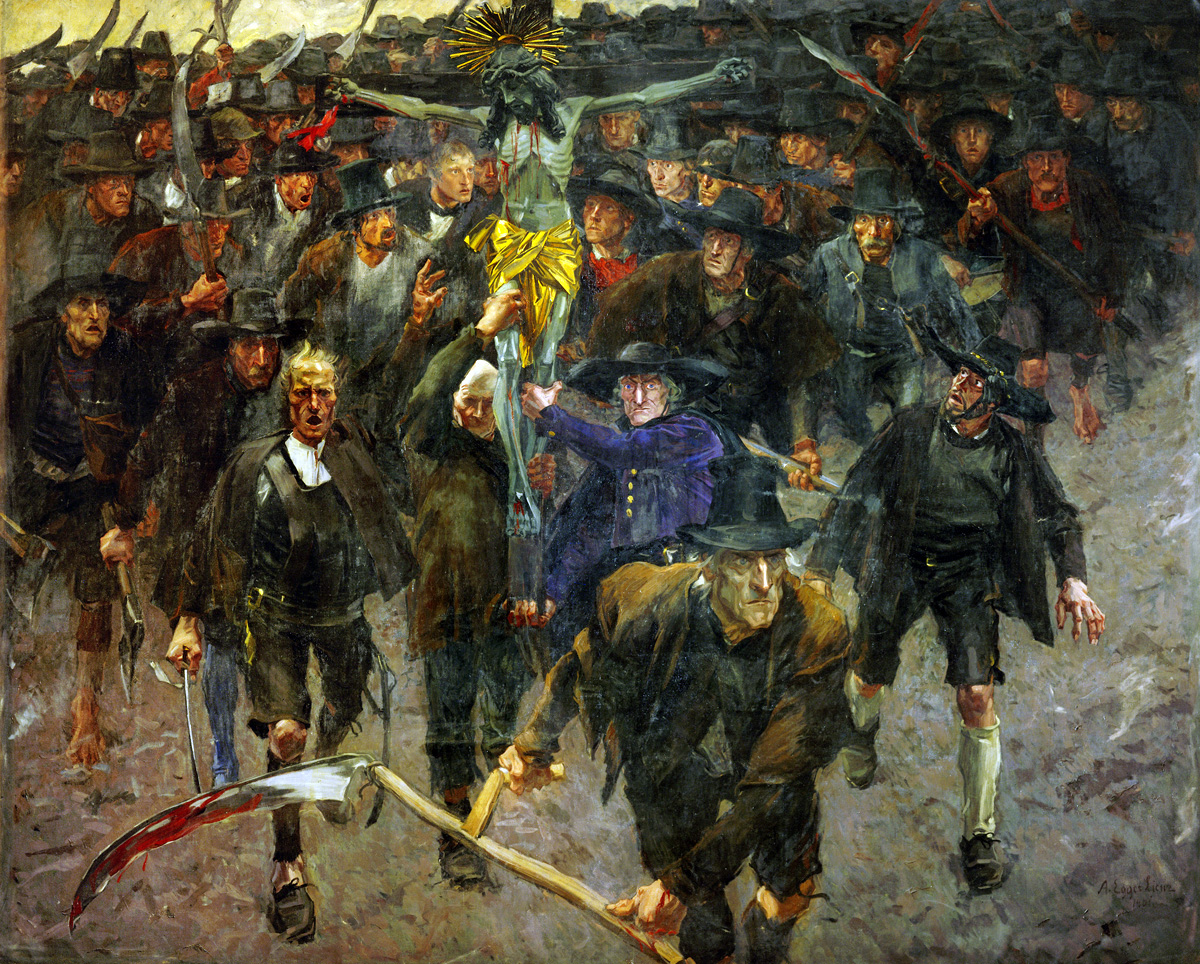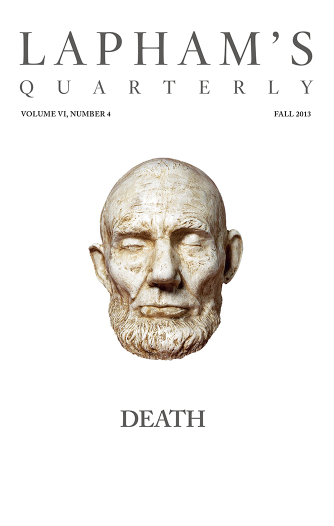The Duties of the Revolutionist to Himself
1. The revolutionist is a person doomed. He has no personal interests, no business affairs, no emotions, no attachments, no property, and no name. Everything in him is wholly absorbed in the single thought and the single passion for revolution.
2. The revolutionist knows that in the very depths of his being, not only in words but also in deeds, he has broken all the bonds that tie him to the civil order and the civilized world with all its laws, moralities, and customs, and with all its generally accepted conventions. He is their implacable enemy, and if he continues to live with them it is only in order to destroy them more speedily.
3. The revolutionist despises all doctrines and refuses to accept the mundane sciences, leaving them for future generations. He knows only one science: the science of destruction. For this reason, but only for this reason, he will study mechanics, physics, chemistry, and perhaps medicine. But all day and all night he studies the vital science of human beings, their characteristics and circumstances, at every possible level of social existence. The object is perpetually the same: the surest and quickest way of destroying the whole filthy order.
4. The revolutionist despises public opinion. He despises and hates the existing social morality in all its manifestations. For him, morality is everything that contributes to the triumph of the revolution. Anything that stands in its way is immoral and criminal.
5. The revolutionist is a person. He is merciless toward the state and toward the whole formal social structure of educated society, and he can expect no mercy from them. Between him and them there exists, declared or concealed, a relentless and irreconcilable war to the death. He must accustom himself to torture.

The Cross, by Albin Egger-Lienz, c. 1902. Tyrolean peasants revolting against French and Bavarian occupation of Tyrol in 1809. Burg Bruck, Lienz, Austria.
6. Tyrannical toward himself, he must be tyrannical toward others. All the gentle and enervating sentiments of kinship, love, friendship, gratitude, and even honor, must be suppressed in him and give place to the cold and singleminded passion for revolution. For him there exists only one pleasure, one consolation, one reward, one satisfaction—the success of the revolution. Night and day he must have but one thought, one aim—merciless destruction. Striving cold-bloodedly and indefatigably toward this end, he must be prepared to destroy himself and to destroy with his own hands everything that stands in the path of the revolution.
7. The nature of the true revolutionist excludes all sentimentality, romanticism, infatuation, and exaltation. All private hatred and revenge must also be excluded. Revolutionary passion, practiced at every moment of the day until it becomes a habit, is to be employed with cold calculation. At all times, and in all places, the revolutionist must obey not his personal impulses but only those which serve the cause of the revolution.
Translated by Alan Kimball. http://pages.uoregon.edu/kimball/Nqv.catechism.thm.htm. © Alan Kimball. Used with permission of Alan Kimball.
From Catechism of a Revolutionist. It is in dispute whether Nechaev collaborated on this text with the anarchist Mikhail Bakunin. Elsewhere in the catechism, he wrote that a revolutionist “should not hesitate to destroy any position, any place, or any man in this world. He must hate everyone and everything in it with an equal hatred.” Nechaev was later convicted of murdering a member of a secret revolutionary cell and died in prison in 1882. Fyodor Dostoevsky based a character in his novel Demons on Nechaev
Back to Issue


